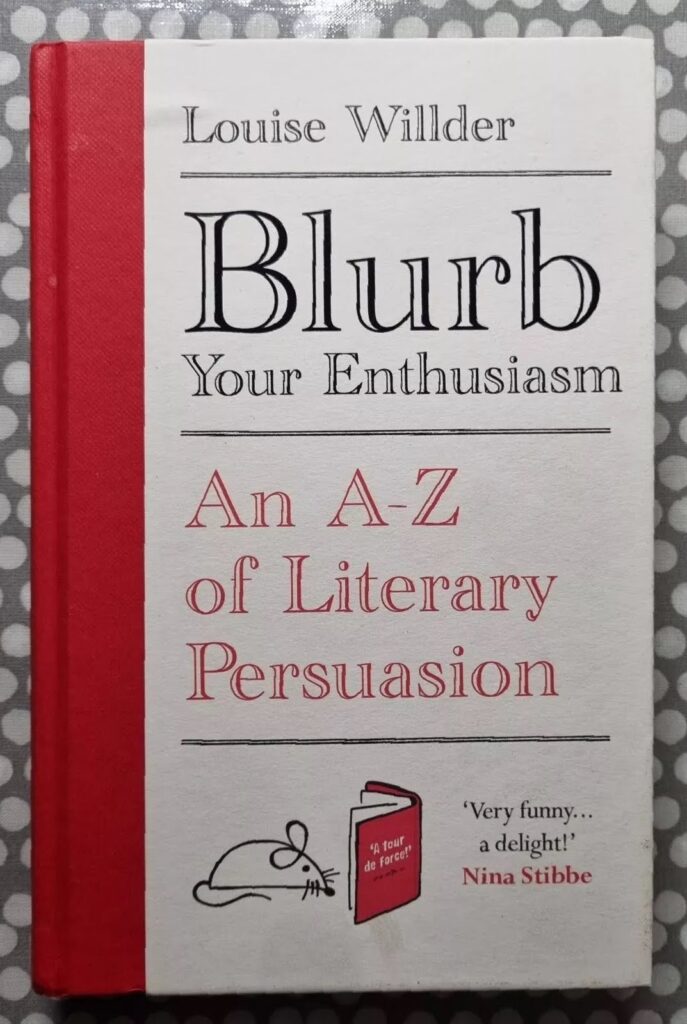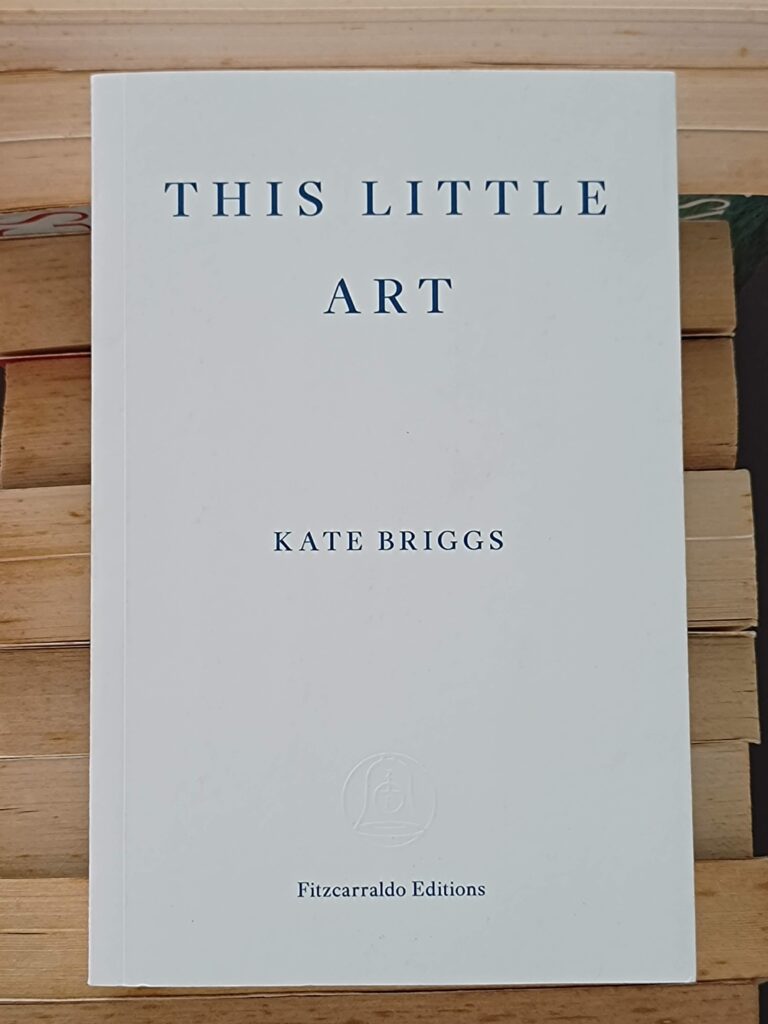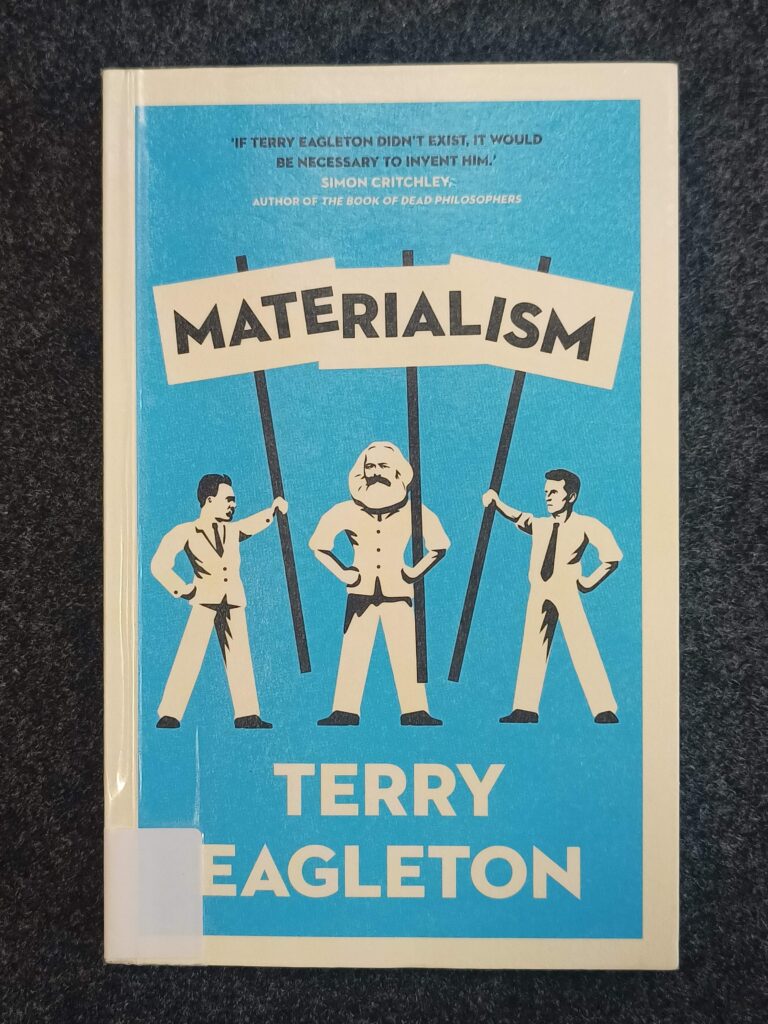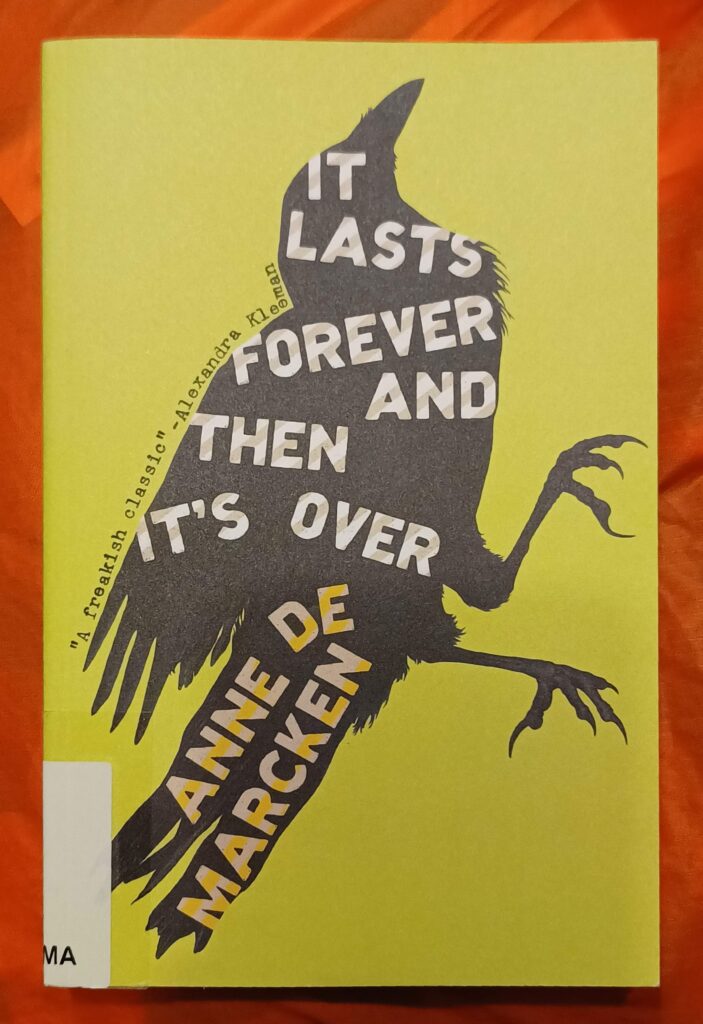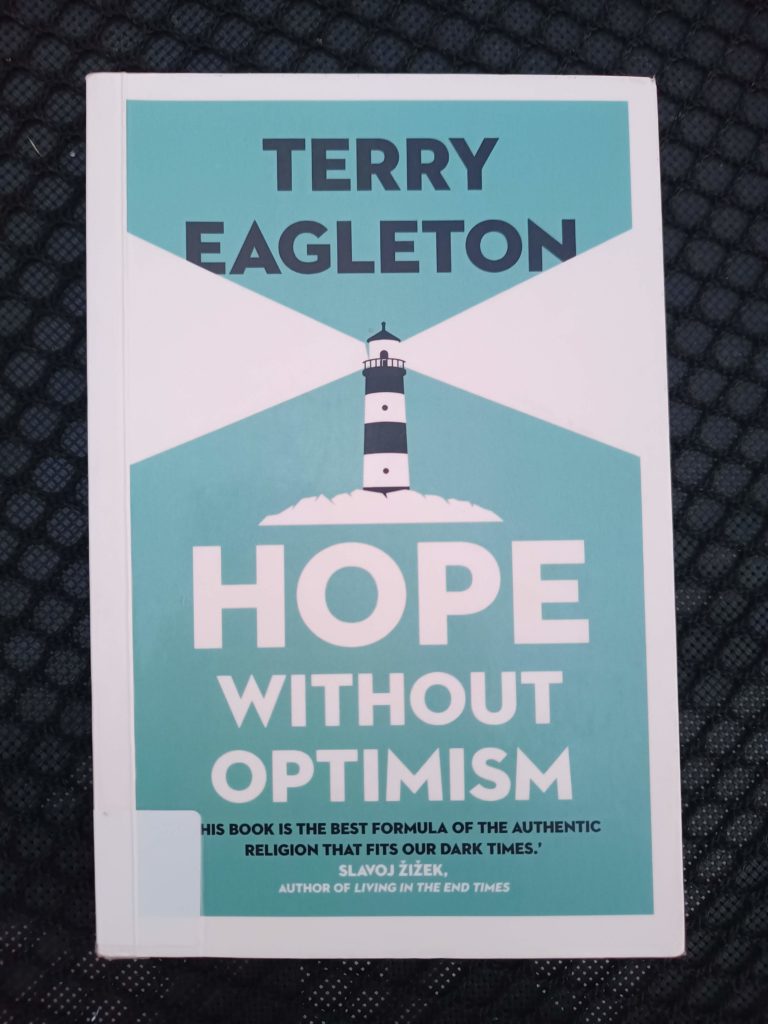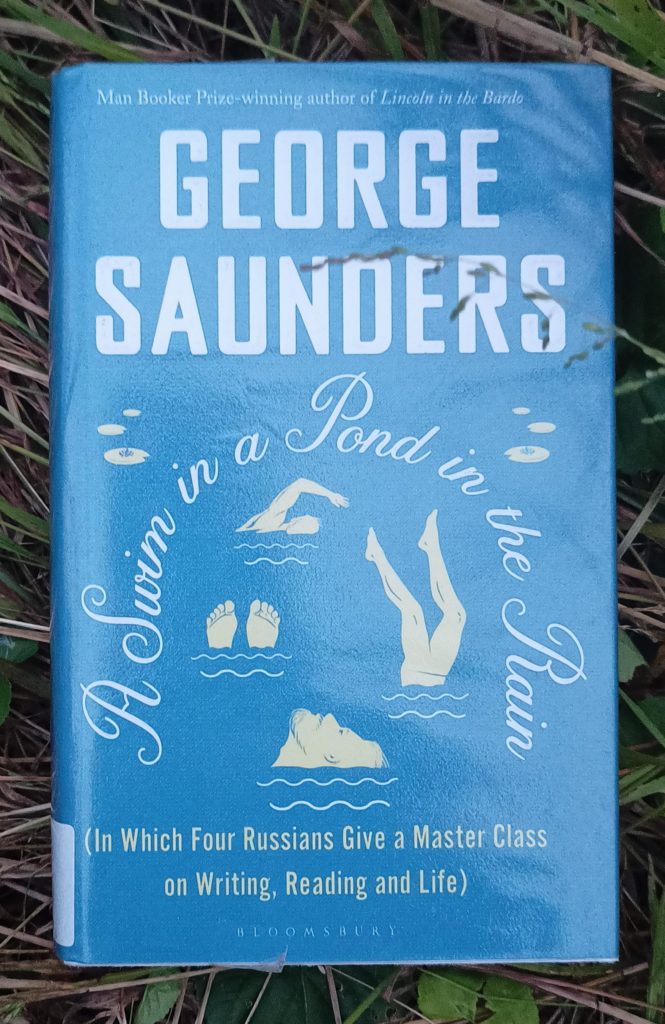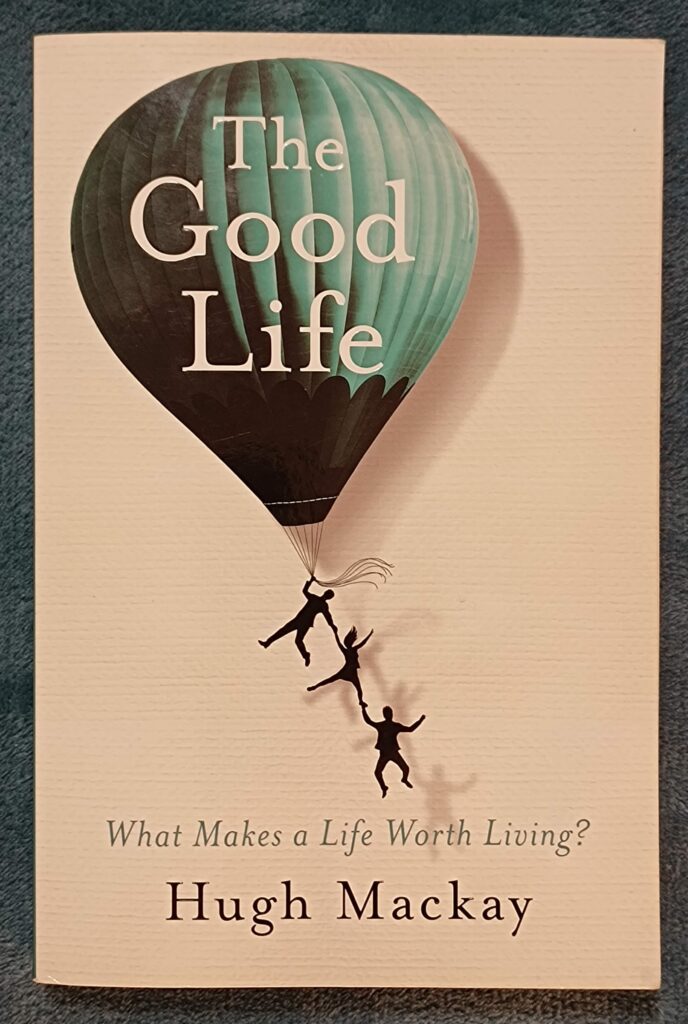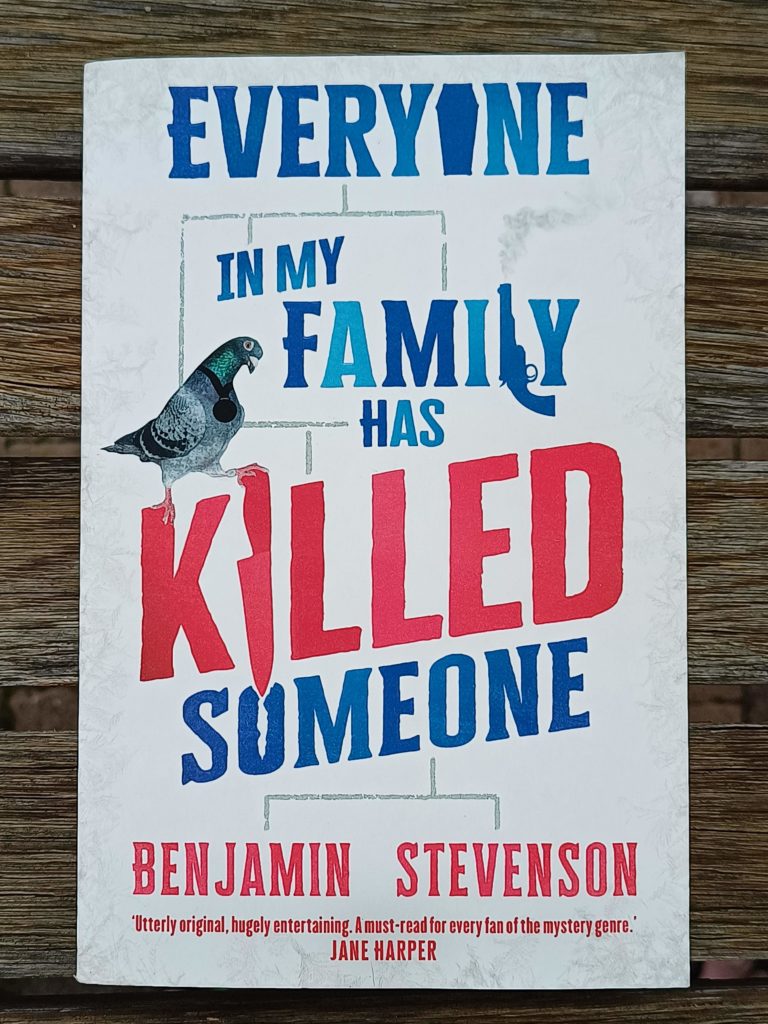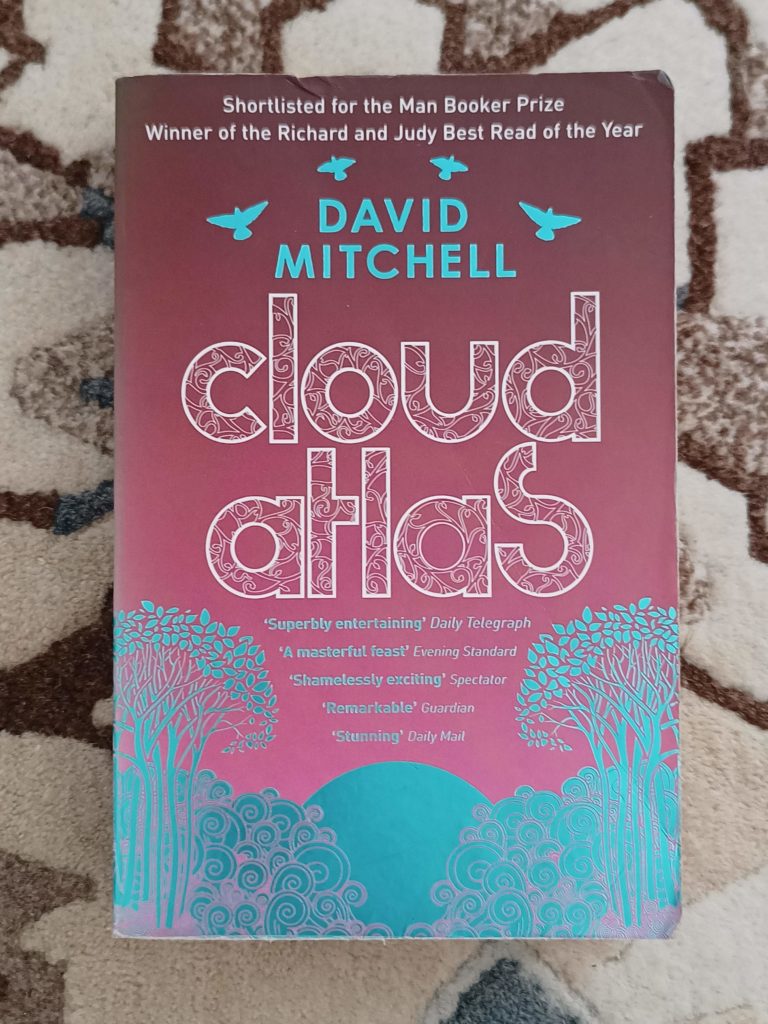Mounk makes the case here for classical liberal values, untainted by what he sees as the distorting effect of identity politics. It’s convenient to treat people as members of their identity groups, according to their racial characteristics, gender, etc. But this is only ever going to be a rule of thumb, an approximation to what we really want. For example, affirmative action policies are probably better than nothing, but we shouldn’t just then sit back and think our job is done. We don’t really want to give people benefits based purely on their identity groups; instead we want to base it on each person’s individual needs. This is much harder of course! We should recognise that identity group-based policies are just a rough-and-ready first attempt; they are not the best solution.
Continue reading →
